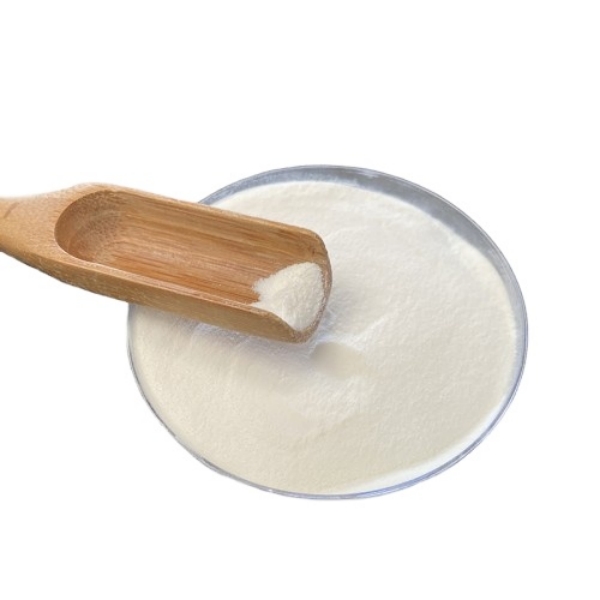What is aspartame? Is it harmful to the body?
Aspartame is a low-calorie artificial sweetener used as a food additive to enhance the taste of a variety of products. It is commonly found in a variety of foods and beverages, such as diet soda, sugarless gum, flavored waters, yogurt, and many other processed foods. Aspartame also comes in the form of a white crystalline powder for those who prefer to use it in its purest form.
Aspartame powder is made from two amino acids: phenylalanine and aspartic acid. These amino acids occur naturally in many foods, such as meat, fish, dairy products, and vegetables. When these two amino acids combine, they form a dipeptide bond that is 200 times sweeter than sugar.
The use of aspartame as a food sweetener began in the 1980s, and since then it has become a widely used sugar substitute due to its low caloric content. Aspartame is popular primarily for its ability to provide sweetness without adding extra calories to the diet. This makes it a suitable choice for those who want to reduce their calorie intake or are on a weight loss plan.
However, despite its widespread use and popularity, aspartame has been the subject of controversy and debate. Many people have expressed concerns about its potential side effects and health risks. Some popular claims include that aspartame causes cancer, headaches, dizziness, and even neurological disorders. The claims attracted widespread media attention and created a sense of fear among the public.
It is important to note that numerous scientific studies have been conducted to evaluate the safety of aspartame consumption, with the majority of these studies concluding that aspartame is safe for human consumption. Regulatory agencies such as the U.S. Food and Drug Administration (FDA) and the European Food Safety Authority (EFSA) have also reviewed the available evidence and concluded that aspartame is safe when used at recommended doses.
Aspartame has been studied extensively for more than four decades, and its safety has been evaluated in animals and humans. Numerous studies have shown that there is no evidence of a link between aspartame consumption and the development of cancer or other serious health conditions. According to the FDA, aspartame is one of the most thoroughly tested food additives and its safety has been proven through rigorous scientific studies.
However, as with any food additive or ingredient, individual sensitivities and allergies may occur. Some people may be more susceptible to the side effects of consuming aspartame. For example, people with a rare genetic disorder called phenylketonuria (PKU) should avoid taking aspartame because they are unable to metabolize an amino acid called phenylalanine in aspartame. It is important for individuals to understand their own health status and to consult a healthcare professional if they have any questions about aspartame consumption.
It’s also worth mentioning that excessive consumption of aspartame or any natural or artificial sweetener may have negative health effects. Although aspartame itself contains no calories, consuming excessive amounts of the sweetened product may result in excess caloric intake and may lead to weight gain and other related health problems.
Aspartame is a sweetener, and it belongs to food additives. There some main and hot sale sweetener in our company, such as
In summary, aspartame is a widely used low-calorie artificial sweetener that has undergone extensive scientific research to evaluate its safety. The consensus from regulatory agencies and scientific research is that aspartame is safe for human consumption when used in recommended amounts. However, personal sensitivities and allergies should always be considered. As with any food additive, moderation is key, as is maintaining a balanced diet and healthy lifestyle.
Post time: Oct-25-2023






